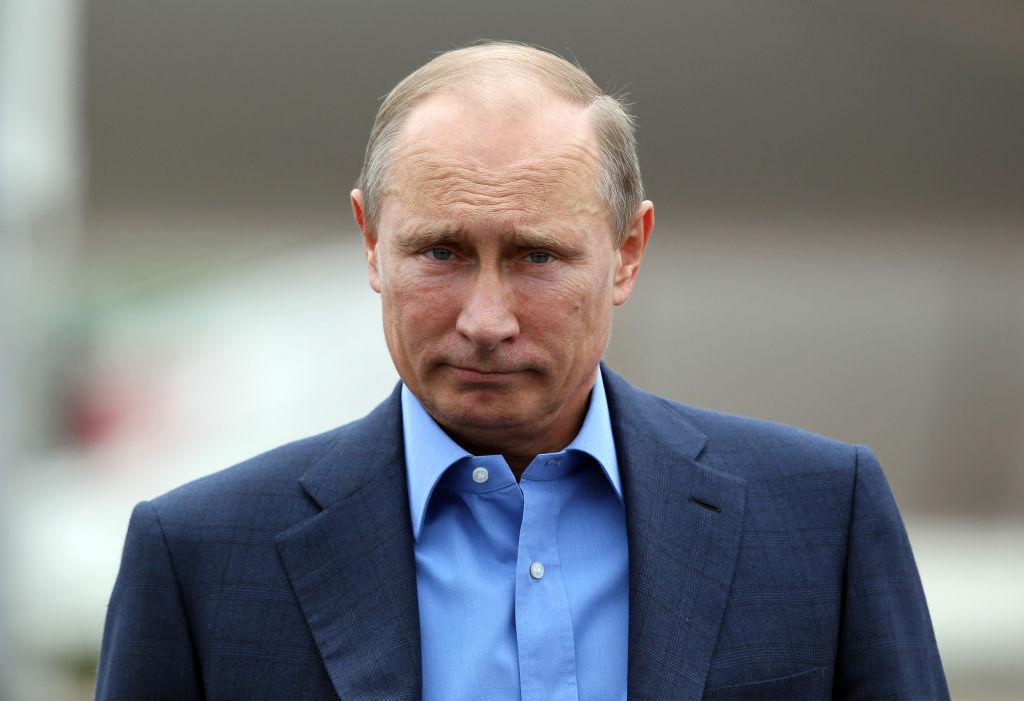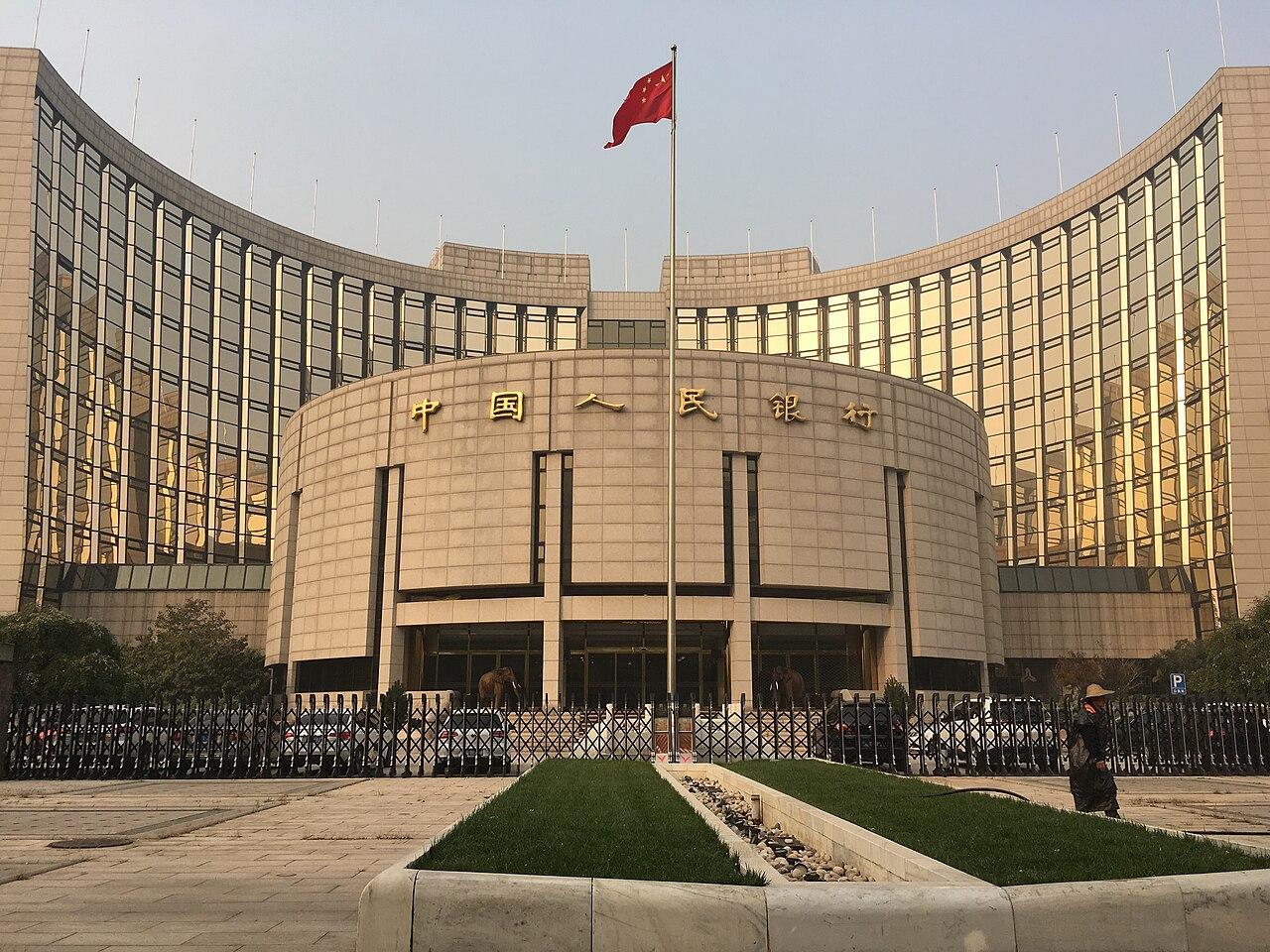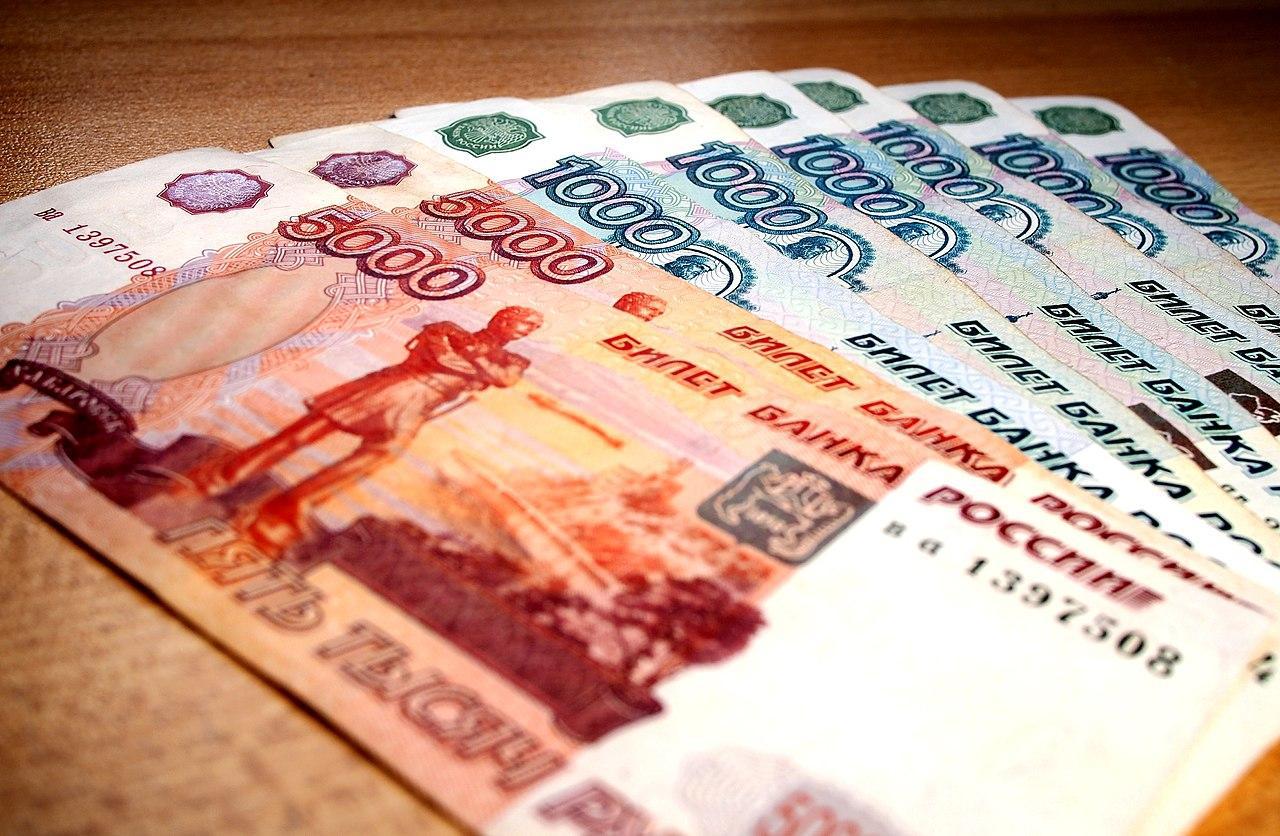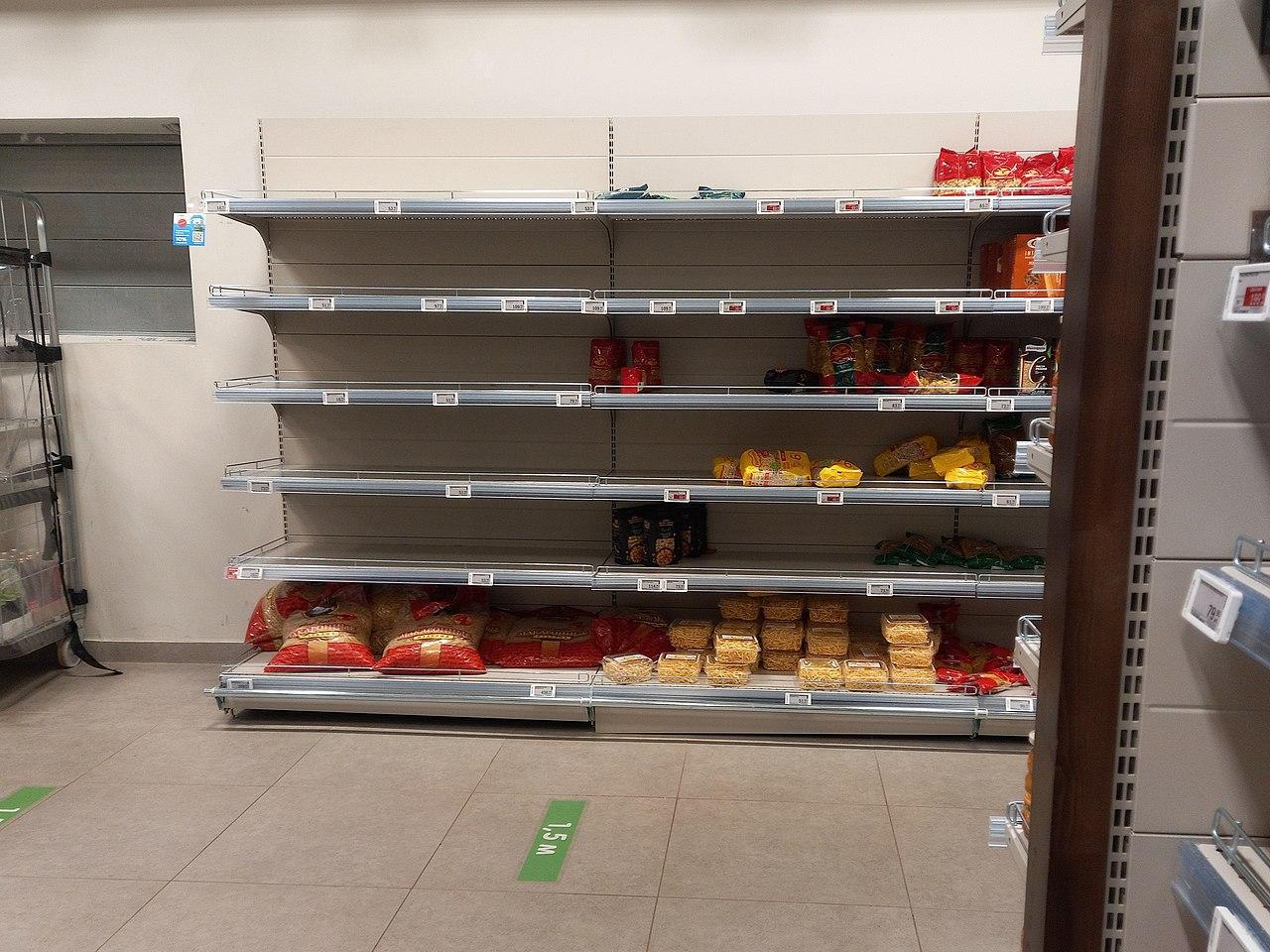Reports Claim Majority of Chinese Banks Are Refusing to Process Payments From Russia
Chinese banks are refusing to accept payments from Russia for fear of secondary sanctions from the United States.
The news comes amid severe sanctions being placed on Russia for its war on Ukraine, which Putin’s nation had managed to bypass by using smaller banks and non-US currencies. Despite this, alternative modes of transfer appear to be running out, and Russia is now urgently exploring unconventional ways to conduct trade.
Russia Invades Ukraine and Receives Sanctions
Since Russia launched their invasion of Ukraine back in February of 2022, the war has led to a devastating number of casualties, and an end to the brutal campaign appears to be nowhere in sight.

Source: Wikimedia
Putin’s invasion has received considerable backlash from world leaders, including US President Joe Biden, who called the Russian leader’s war “a murderous assault on Ukraine.”
Hefty Sanctions Placed on Putin’s Russia
Despite peace treaties being drafted on several occasions, nothing has yet come to fruition. In an attempt to slow down the violence, nations such as the US have placed hefty sanctions on Russia.

Source: Wikimedia
The Biden Administration placed over 500 sanctions on Russia, including bans on exports such as oil and gas, in an attempt to slow down the war machine.
Chinese Banks Refuse Russian Payments
The sanctions have hit Russia hard, but the situation is only worsening. Now, reports suggest that 98% of banks in China have refused to accept payment transfers from Russia.

Source: Freepik
News of the refusal, which includes even small regional banks, was first reported by Alexey Razumovsky, the commercial director of payments company Impaya Rus, during an interview with the pro-Kremlin Izvestia media outlet.
Russia Set to Be Hit With High Inflation
The news comes shortly after it was revealed that around 80% of bank transfers made using Chinese Yuan are being sent back after experiencing extensive wait times while banks assess whether or not they can approve the payment.

Source: Freepik
These returns can result in hefty exchange rate losses for Russian businesses. According to Razumovsky, this could significantly affect Russia’s supply chain and even bring about a period of rapid inflation.
Russia Attempts to Bypass the Sanctions
In the wake of the sanctions placed on Russia, Putin, and the nation’s trade partners have managed to circumvent certain sanctions by transferring their money to smaller banks in foreign nations.

Source: Wikimedia
The Russians also made headway by paying in non-US dollar currencies, which allowed them to bypass the ban on Russian banks, which prohibits them from using the SWIFT messaging system.
US Implements Secondary Sanctions
However, Russia’s skirting of the sanctions appears to be coming to a close, and the US will be happy to take the blame.

Source: Wikimedia
Back in December, the United States announced secondary sanctions that aimed to punish any financial institution that aided Russia. This has resulted in the vast majority of Chinese banks refusing any kind of payment from Russia.
Chinese Institutions Reject Russian Ruble
According to Alexey Poroshin, the general director of investment and consulting firm First Group, several financial institutions in China have even begun rejecting payments in the ruble, the official currency of the Russian Federation.

Source: Wikimedia
Poroshin also revealed many Chinese banks located in Hong Kong, a Special Administration Region under the Asian nation, have also refused to do business with Russia.
Russian Banks in China
Russian companies have been able to continue sending Chinese Yuan to Russian banks located on the Chinese mainland, but there is a hefty 5% markup.

Source: Wikimedia
However, many Chinese companies will still refuse to accept payments from Russian banks, even if the Russian bank is located on the Chinese mainland.
The Push for Alternative Payment Options
As the sanctions continue to severely affect Russia, the nation is rushing to set up various alternative payment options, including crypto and potentially barter trade with China, in an attempt to continue facilitating trade.

Source: Wikimedia
Rumors also suggest Russia and China may return to the ancient practice of barter trade in an attempt to bypass the sanctions placed on them from the West, according to a report from Reuters.
Lack of Industrial Goods Could Affect Russia War Efforts
During a report published in June, Joseph Webster, a senior fellow at the Atlantic Council think tank, suggested Russia’s inability to pay Chinese suppliers for goods could negatively affect their war efforts.

Source: Wikimedia
“While Russia’s exports help finance its war effort, its imports of industrial goods are vastly more important for sustaining the economic, political, and military dimensions of its war effort, at least in the short term,” he wrote.
Lower Imports Could Negatively Affect Russia’s Capabilities
Webster continued by suggesting a lack of everyday goods coming into Russia may have a severe and detrimental effect on living standards, which could significantly change the overall outlook on the war from within the nation.

Source: Wikimedia
“Russia’s imports prevent shortages, maintain political support for the war by stabilizing living standards, and, in some cases, facilitate military capabilities,” he added.
